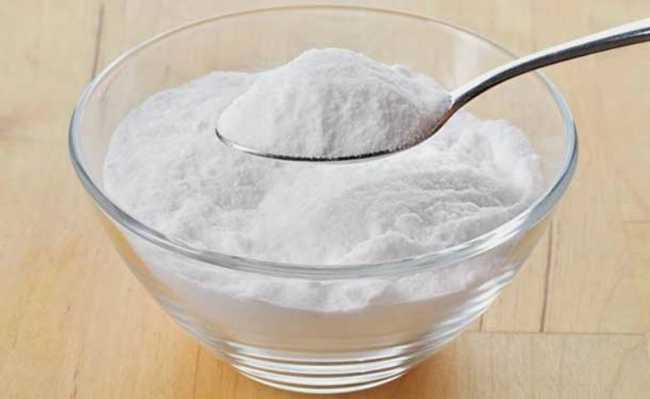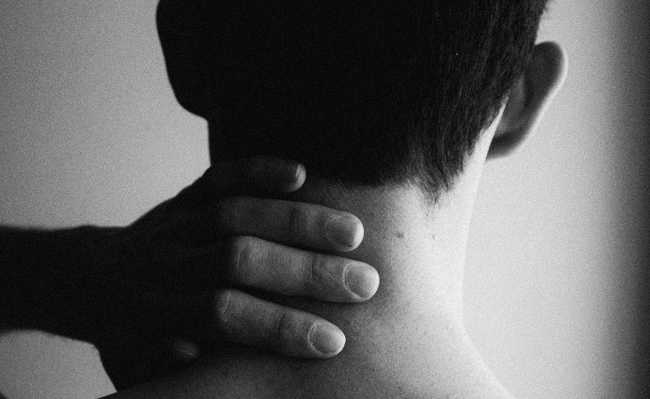Be careful when drinking coffee or caffeine supplement before training
Research reveals that drinking coffee, supplements, or caffeinated beverages immediately before exercise can hamper cardiac recovery

Image: Alora Griffiths on Unsplash
If you like to have a cup of coffee to cheer you up before exercising, be careful not to overdose. Researchers from the São Paulo State University (Unesp) analyzed the influence of caffeine on the heart rate of healthy and physically active young people and noticed that the heart activity of volunteers after caffeine ingestion took longer to return to the parameters of when they were at rest. The study, published in the scientific journal Scientific Reports, from the group nature, had a small sample, but indicates a concern for those who are not exactly fit or have heart problems.
- Caffeine: from therapeutic effects to risks
Scientists have evaluated how a dose of caffeine before exercise can affect recovery after exercise. For the study, 32 healthy, active men aged 18 to 25 years were followed by the team, which for three days recorded how they recovered at the end of half an hour of running.
On the first day, the volunteers performed a maximal effort test so that the researchers could identify what was the limit of each one. On the second and third day, they ran at moderate intensity and alternately took a caffeine capsule and a placebo — not knowing which one they were ingesting.
At the end of the exercises, the physiotherapists noticed that when the volunteers took the dose of caffeine (which was 300 mg, equivalent to about 1.5 cup of coffee), their cardiac activity took about an hour to return to parameters from when they were at rest. The average time considered normal post-workout recovery is half an hour.
“When this happens, we say that there is an increased risk of having a cardiovascular complication,” says Vitor Valenti, professor at Unesp and study advisor, to Revista Galileu. "We were concerned about the result, because if this happens to healthy young people, maybe there could be a slightly more intense reaction in sedentary and obese people, for example."
This effect was observed because caffeine activates adenosine receptors, which release catecholamines, substances involved in speeding up the heart and increasing blood pressure. “The two best known catecholamines are adrenaline and noradrenaline. With the increased release of these catecholamines, they activate blood vessels and can cause vasoconstriction”, explains Valenti to Revista.
It is worth remembering that there were no changes in the blood pressure of the volunteers and that the effect was only observed in the short term. “The literature already has strong evidence that, in the long term, drinking coffee can contribute to a series of benefits”, says the professor.
- Learn more in the article "Eight Incredible Benefits of Coffee"
The warning goes both for coffee itself and for caffeine supplements and energy and thermogenic drinks, which also contain caffeine in their formula - and in general in a higher concentration than in coffee. The dose of caffeine in a cup of coffee varies between 60 mg and 150 mg of caffeine, depending on the type of coffee. The lowest value (60 mg) corresponds to a cup of instant instant coffee, while a brewed coffee can reach 150 mg of caffeine per cup. A 250ml can of energy drink contains an average of 80mg of caffeine and caffeine supplement doses are typically 300mg to 400mg of caffeine per capsule.
The survey highlights that the risk is higher among people with high blood pressure, altered cholesterol, diabetes, history of heart problems (personal or family) or other risk factor, as consuming caffeine before training can increase the risk of heart attack, stroke, arrhythmia and sudden illness.










